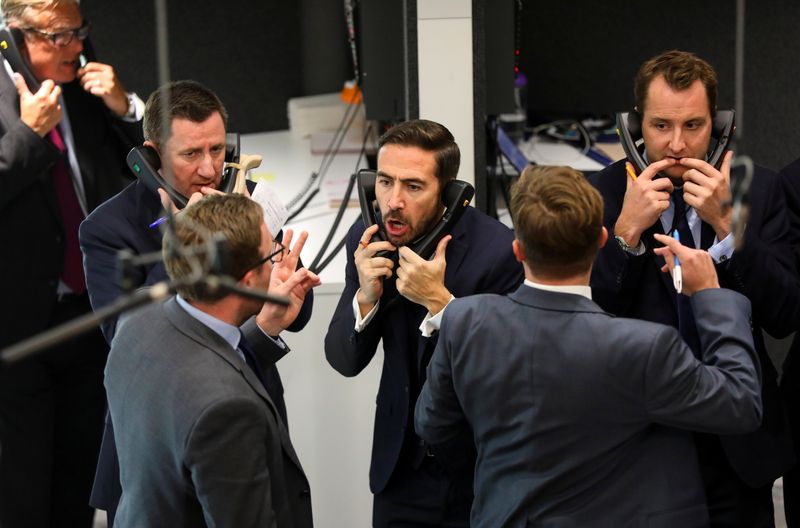By Pratima Desai and Eric Onstad
LONDON (Reuters) - An enforcement action launched on Friday by a British financial watchdog over a nickel crisis at the London Metal Exchange last year may exclude the most contentious issue - the cancellation of billions of dollars of trades, lawyers said.
The tight remit of Britain's Financial Conduct Authority (FCA), which declined to comment on the issue, may anger investors who said they lost huge amounts of money through the cancellations.
The FCA said on Friday it had begun an "enforcement investigation" into the conduct and systems and controls of the LME over a wild spike in nickel prices last March.
The world's largest and oldest metals market annulled all nickel trades in March last year after chaotic price action and suspended trading for the first time since 1988.
But lawyers noted that the FCA wording was very specific about the time frame of the investigation - "from the period between 1 January 2022 and the time of suspension on 8 March 2022".
The 146-year-old exchange stopped nickel trading at 8:15 a.m. London time on March 8, but waited about four hours before announcing it would also cancel deals that took place during the unruly activity.
"It does look from the statement that the FCA is not going to look at the cancelled trades," said a regulation lawyer.
"They wouldn't have included that wording about suspension accidentally," another lawyer said. Both declined to be identified.
The FCA said it would not make any further comment about the investigation.
The LME faces lawsuits from U.S. hedge fund Elliott Associates and Jane Street Global Trading, which are suing the exchange for $456 million and $15.3 million, respectively, for the cancelled nickel trades.

"Neither the Bank of England or the FCA have been clear about whether the LME should have cancelled the trades," said Harold de Boer, managing director at investment firm Transtrend.
"If they approved the cancelling of trades, that would be a scary precedent."